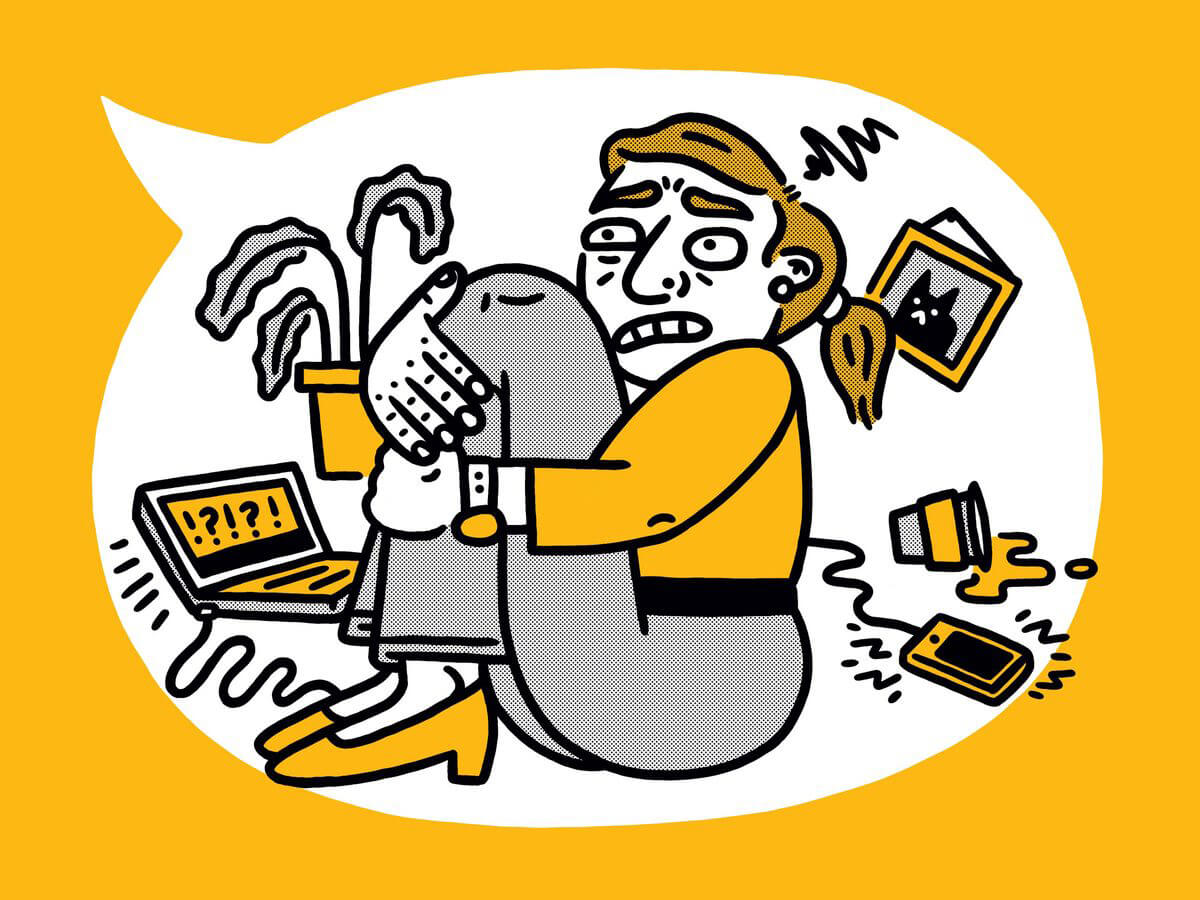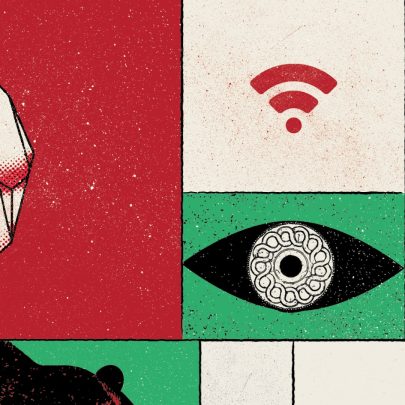Mar 19, 2020 Society
For this week’s Dear Metro, we’ve taken a different approach. We know a lot of people are feeling anxious about Covid-19, either about they or loved ones becoming sick, or about the economic fallout from the pandemic. So we’ve turned to an expert for advice.
Auckland cognitive behavioural and psychological therapist Jock Matthews is the clinical director at Rojolie Clinic and has 23 years of experience specialising in treating depression and anxiety. He explains that many of us have a low threshold for tolerating worry, and when we are faced with uncertainty we tend to jump to conclusions, ruminate, catastrophise, over personalise threat and engage in other unhelpful thinking patterns.
The threat of ill health, for ourselves or loved ones, and the threat of job loss or other economic impact can all be housed under the umbrella of uncertainty. While these are huge and unfamiliar changes, Matthew says, there are things we can do to mitigate our anxiety. But first, what’s actually going on with our brains when we panic about a pandemic?
READ MORE: 5 Good Things to think about when coronavirus anxiety gets too much?
“Essentially the newness and the novelness and the unfamiliar part of what we’re dealing with is causing our brains to look for immediate answers,” Matthews says. The stress response produces cortisol and our fight or flight response kicks in as we get ready to predict things in an uncertain world.
“You can’t actually change the uncertainty, you can only tolerate it. Many people are functional – they order their lives by gathering information. However this is an example of learning to tolerate uncertainty – and we’re not actually very good at it.” Some people can tolerate uncertainty better than others but as a species we’re generally not super well equipped for it.
But there are a few methods to try when you’re feeling particularly intolerant about the current uncertainties.
The global nature of how the Covid-19 pandemic is being covered in the media can make it seem all encompassing, and one of the methods for reducing anxiety which Matthews recommends is restricting your media intake to a few trusted sources.
Another thing we can do is focus on what we can do in the here and now. One course of action is to follow the advice of experts to do things like wash our hands regularly and practice social distancing.
By acting on the things we can manage in the present, we can also start to manage our reactions, our behaviours and our thoughts, Matthews says. “This means relaxing, taking a breath, going for a walk, enjoying your surroundings, engaging in healthy behaviours like managing sleep, eating and keeping to day-to-day activities. If these are affected in terms of going out, then to try and maintain a modicum of a plan and activities.” Having a daily plan and things to do was especially important for those self isolating, Matthews said.
This should include staying in touch with others in a supportive way, rather than a fraught, anxious, or sensationalising way. A helpful way to speak with an anxious friend would be to say things like “we will get through this”, even if it wasn’t immediately clear how exactly things would play out. “This uncertainty and these anxious feelings will pass. It feels very difficult now but we will find a way through this.” Be reassuring while tolerating uncertainty, Matthews says. Don’t be part of a feedback loop of anxiety. “Essentially it’s about behaving in a calm way and not acting in a catastrophising way.”
Matthews recommends “limiting the time we give ourselves to worry about the things we can’t change and have no action over, and focus on the things we can. Essentially good self care is really important.”
Action plans can help when someone is facing a real or very likely uncertainty, like job loss. “I think problem solving and relying on understanding your options in the best way to deal with the reality of the situation for many. If there’s something you can do then you need to action that, rather than sitting worried.”
Put in place a reasonable, thought-through action plan and discuss that action plan the supporters around you; so people in your life you trust. That way you can get reassurance around your plan containing reasonable ideas.
Finally, Matthews reminded people that feeling a heightened sense of anxiety right now was normal and natural, and people shouldn’t pathologise their reaction. People generally do cope, but they need to take the right steps to help themselves get there.
Last week’s Dear Metro: “How long is too long to wait to tell my boyfriend I love him?”
Got a problem? Send your woes to: dearmetro@bauermedia.co.nz.






